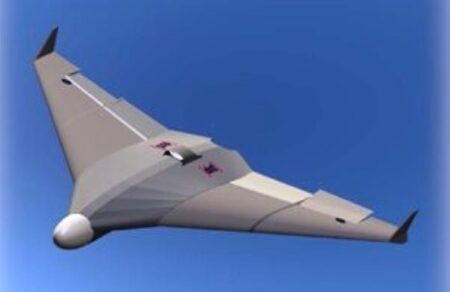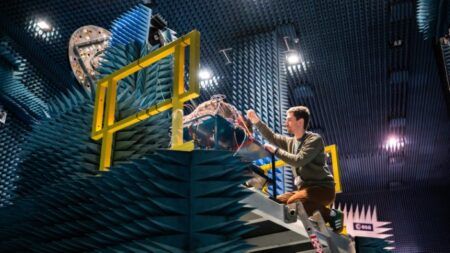Delta Air Lines is launching what it says is a first-of-its-kind airline innovation lab, which will be used to accelerate research, design and testing for new ideas to make air travel more sustainable.
Named the ‘Delta Sustainable Skies Lab’, the facility, based at the airline’s headquarters in Atlanta, USA, will be used to look into ideas to make Delta’s operations greener today, to incubate disruptive industry innovations, and to adapt and implement known technologies and actions to reach Delta’s goal of net-zero emissions by 2050.
The airline is keen for innovators from any sector to get involved with the lab. As Pam Fletcher, Delta’s chief sustainability officer explained, the lab intends to lead the aviation industry by going beyond financial investments. Delta wishes to be the airline of choice for disruptors hoping to test and launch their ideas.
Fletcher said, “Delta Sustainable Skies Lab is about pairing the operational expertise of our teams with innovators to inspire new ideas and spur industry advancement – it’s a place to showcase advancements and a movement to galvanize everyone with a stake in creating the more sustainable future of flight.”
Two pillars of sustainability will guide the lab’s work: firstly, eliminating the climate impact of Delta flights by optimizing flying operations and partnering to accelerate clean fuel availability and new aircraft; and secondly embedding sustainability into everything Delta does in order to achieve more sustainable travel and business operations.
These two key pillars will be achieved through Delta’s internal innovation and external partnerships. Newcomers will join previously announced Delta sustainability partners such as Airbus and Joby Aviation, and research collaborations with the likes of MIT.
Delta collaborators will have a range of tools at their disposal in the Lab, including interactive digital walls, virtual reality stations, experiential mock-ups and more, which can be used to bring their visions to life for wider assessment. Delta’s own teams will also use these facilities to test concepts for reducing environmental impact, such as Aero Design Labs’ novel technology to decrease aircraft drag and emission, which is due to be highlighted in the lab’s Engagement Studio during 2023.
“This work is imperative for our planet and our business,” said Fletcher. “We’ve seen how critical human connection is to thrive – and how travel is the great enabler. As we make progress toward our sustainability goals, we want to make sure our customers will feel as good about flying as they do about the connections made with the people and places we take them to.”





